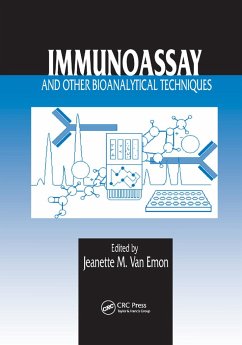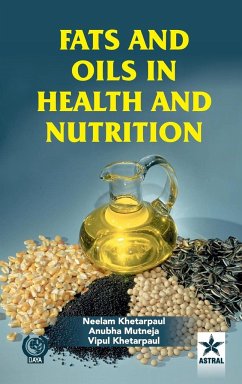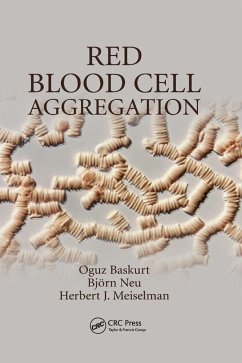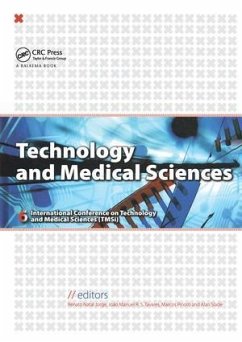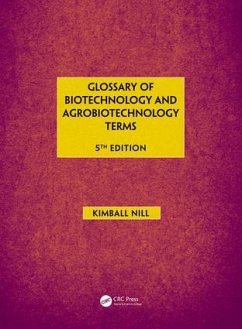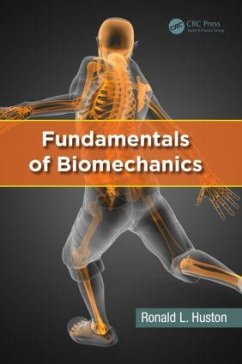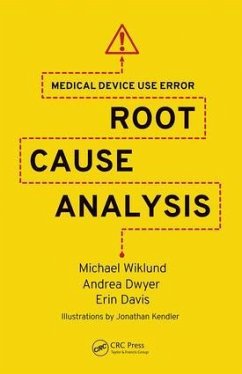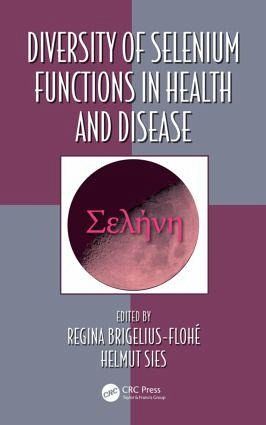
Diversity of Selenium Functions in Health and Disease
Versandkostenfrei!
Versandfertig in 1-2 Wochen
225,99 €
inkl. MwSt.

PAYBACK Punkte
113 °P sammeln!
This book brings together the accumulated evidence regarding selenium biochemistry and trace element caused carcinogenesis. After the introduction to be written by Gerry Combs, five sections are planned. The first section is devoted to how selenium is integrated into selenoproteins. Next is a section on selenium compounds with individual functions. Dual functions are dealt with next followed by a section devoted to unexpected links to selenium such as with diabetes. The final section deals with polymorphisms and mutations in gene of selenoproteins. The book should appeal to biochemists, physio...
This book brings together the accumulated evidence regarding selenium biochemistry and trace element caused carcinogenesis. After the introduction to be written by Gerry Combs, five sections are planned. The first section is devoted to how selenium is integrated into selenoproteins. Next is a section on selenium compounds with individual functions. Dual functions are dealt with next followed by a section devoted to unexpected links to selenium such as with diabetes. The final section deals with polymorphisms and mutations in gene of selenoproteins. The book should appeal to biochemists, physiologists, nutritionists, and clinical researchers, especially those planning clinical trials.



